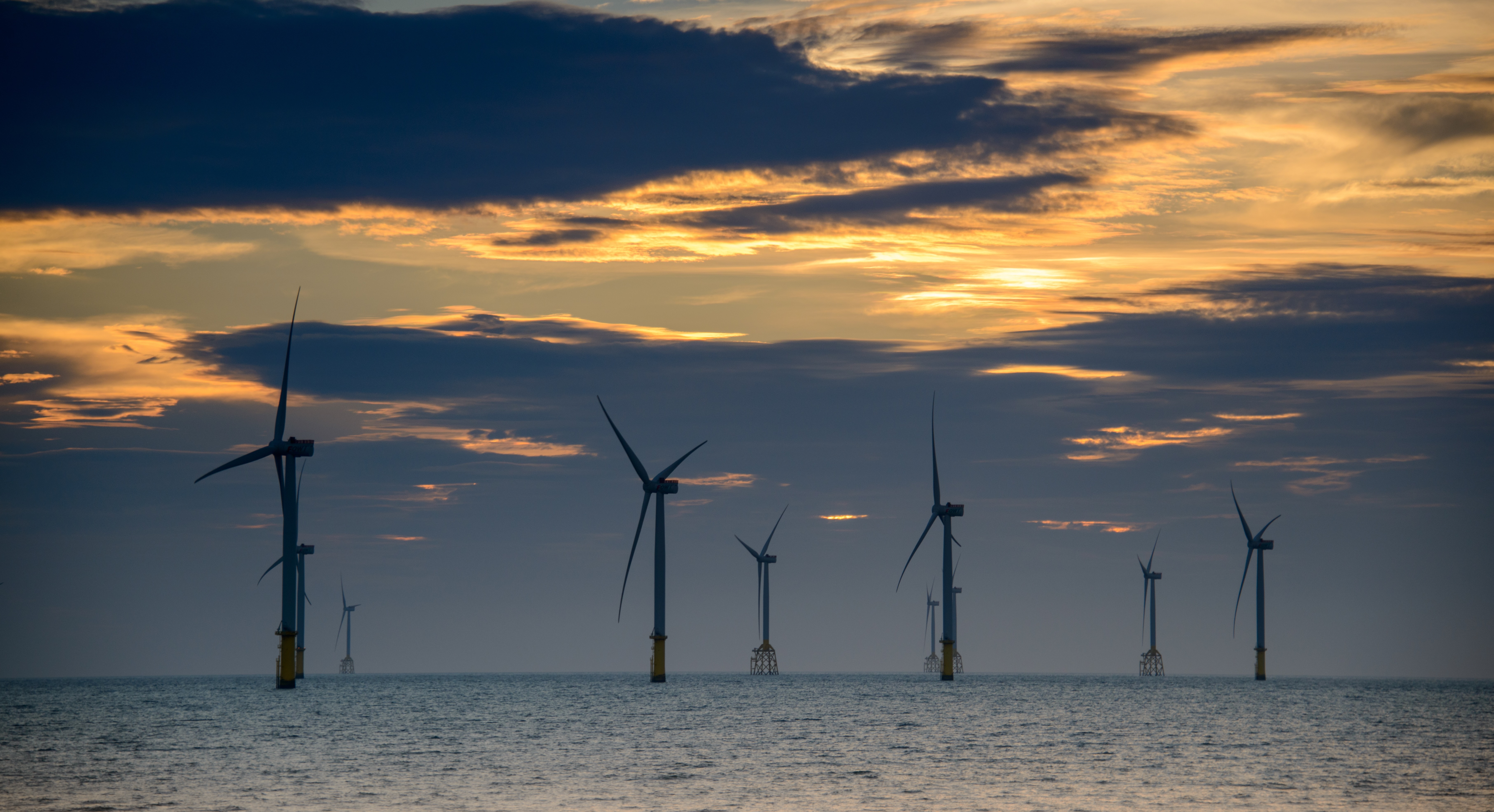Taiwan's commitment to achieving net zero emissions by 2050 presents substantial opportunities for global cleantech companies.
Our latest report, ‘Taiwan’s Net Zero Market - Opportunities for UK Companies’, which I’ve just written as part of the UK-APAC Tech Growth Programme, describes the burgeoning Taiwanese net zero sector and the significant business opportunities it offers.
For the full picture, you can download the free report here. But let me highlight a few important points from it to give you a feel for its content.
£22 billion investment
While Taiwan is renowned for its dominance of the high-tech and semiconductor industries, our report explains that its net zero sector presents potentially even greater commercial opportunities.
The island’s reliance on imported fuel and the growing global trend toward carbon taxation necessitates a shift towards renewable energy and energy efficiency. And the Taiwanese authorities' commitment to achieving the net zero goal on time is underscored by an investment of nearly £22.3 billion in the development of renewable energy technologies and carbon capture tools.
This funding, coupled with a desire to import the best practices, technologies and expertise internationally, creates a fertile ground for greentech firms to enter the Taiwanese market.
Need for overseas input
Importantly, Taiwan's ambitious net zero targets require a level of expertise that exceeds the current capabilities of its domestic companies. For instance, in the nascent offshore wind sector, Taiwanese engineering companies lack the experience and data needed for project financing and insurance.
The island’s commitment to localising the supply chain in sectors such as offshore wind also presents both challenges and opportunities for overseas companies. While Taiwanese ‘content rules’ (governing the local equipment, services and personnel that must be used) may initially seem like barriers, forming joint ventures with Taiwanese partners can provide an effective pathway into the market. And the need for training and development in areas like offshore wind operation and maintenance presents additional opportunities for international companies to contribute their expertise.

Wind farm off the northwest coast of Taiwan
Beyond offshore wind energy, our report pinpoints significant opportunities in other areas of the net zero market. For example, the solar power sector is set for massive growth, with Taiwanese photovoltaic (PV) capacity projected to increase from 12 GW to 80 GW by 2050. This expansion is driving a need for overseas know-how in areas including grid connectivity, PV recycling and reliable PV systems.
Similarly, the hydrogen sector aims to achieve 7,300 MW by 2050, presenting opportunities in hydrogen power generation, supply chain development and infrastructure.
International collaboration examples
Several UK companies have already done well in establishing themselves in Taiwan's net zero market.
For example, Lightsource BP, a UK-based solar energy developer, has formed a partnership with Germany's Green Rock Energy to develop a 150 MW fishery solar farm in Budai, Chiayi county. This project, one of the largest of its kind in Taiwan, highlights the potential for international collaboration in the solar sector.
In the offshore wind field, the UK’s Flotation Energy is developing the Chu Tin Project off the coast of Hsinchu, which, upon completion, will add 1.2 GW capacity to its growing global portfolio. And the project is notable because it uses floating platform technology, an area where Taiwan has limited experience and is seeking international expertise.
Smaller companies can also succeed. Ceres Power, a UK innovator in hydrogen and fuel cell technology, signed a £43 million agreement with Delta Electronics, a Taiwanese power and thermal management company. This collaboration focuses on developing solid oxide fuel cell (SOFC) and solid oxide electrolysis cell (SOEC) systems for hydrogen energy applications.
There are also opportunities to collaborate with the growing number of Taiwanese greentech startups.
These businesses are seeking global partners to expand their reach and commercialise their innovations on the international stage. Japanese corporations scouting for sustainability innovations may find partnerships with these companies particularly beneficial.
Ripe with opportunities
So, Taiwan's net zero market is ripe with opportunities for global greentech firms.
Understanding Taiwanese needs and regulations is a must.
You need to identify the most appropriate method of market entry – whether to, for example, engage in direct sales, use agents, appoint distributors, or build your own Taiwanese operation.
Fostering strong relationships with Taiwanese partners is often essential.
By understanding the industry dynamics and getting to grips with the best approach to the market, you can position yourself for success in this rapidly growing sector.
And reading our new report would be a great starting point!
Download the report here for an in-depth view on this topic - or contact Sam for an informal conversation at sam.leng@intralinkgroup.com.
If you’re a UK tech scaleup interested in expanding in Taiwan or other parts of Asia Pacific, you can get free and subsidised support from the UK-APAC Tech Growth Programme. Find out more and apply to join here.